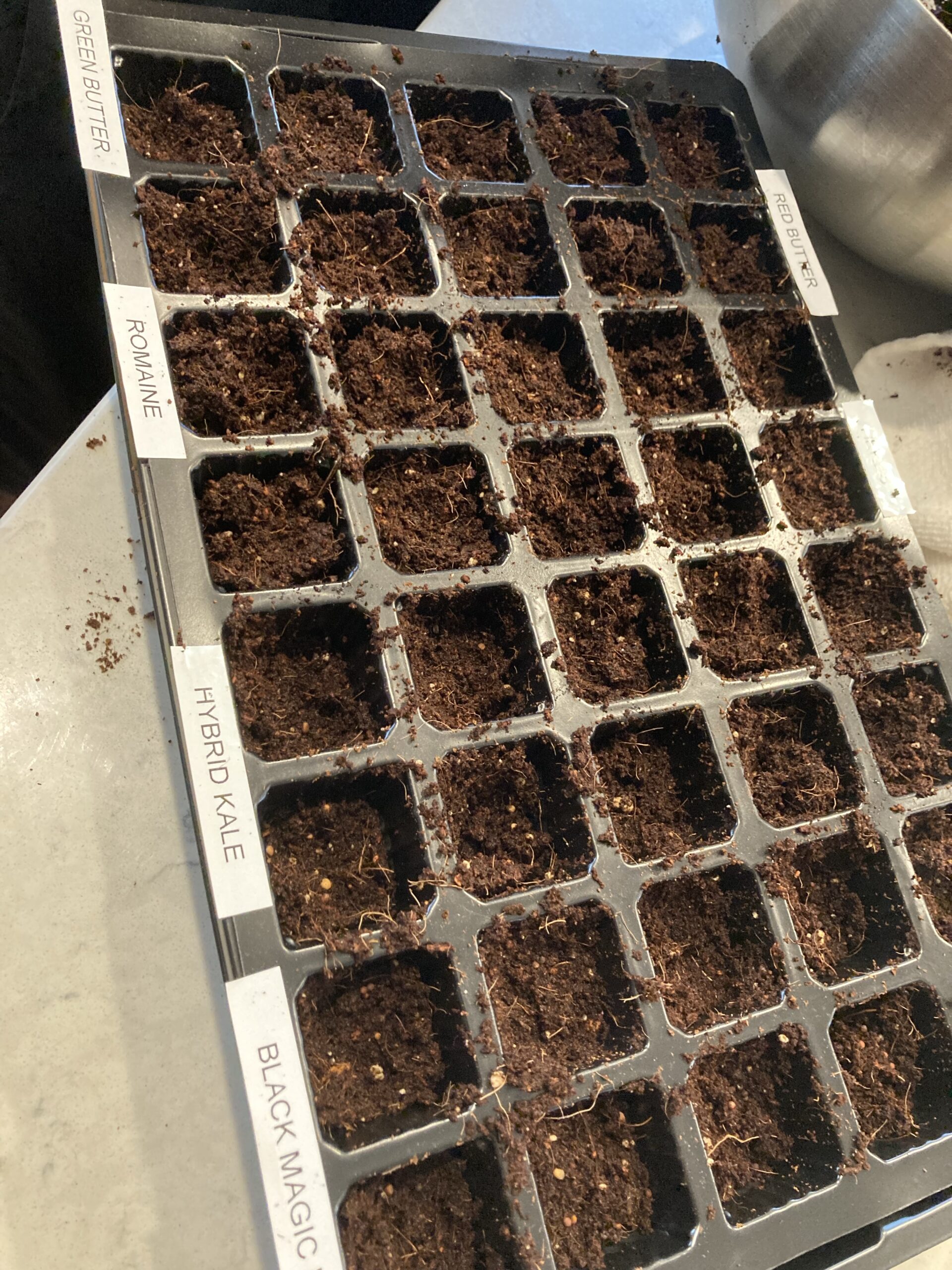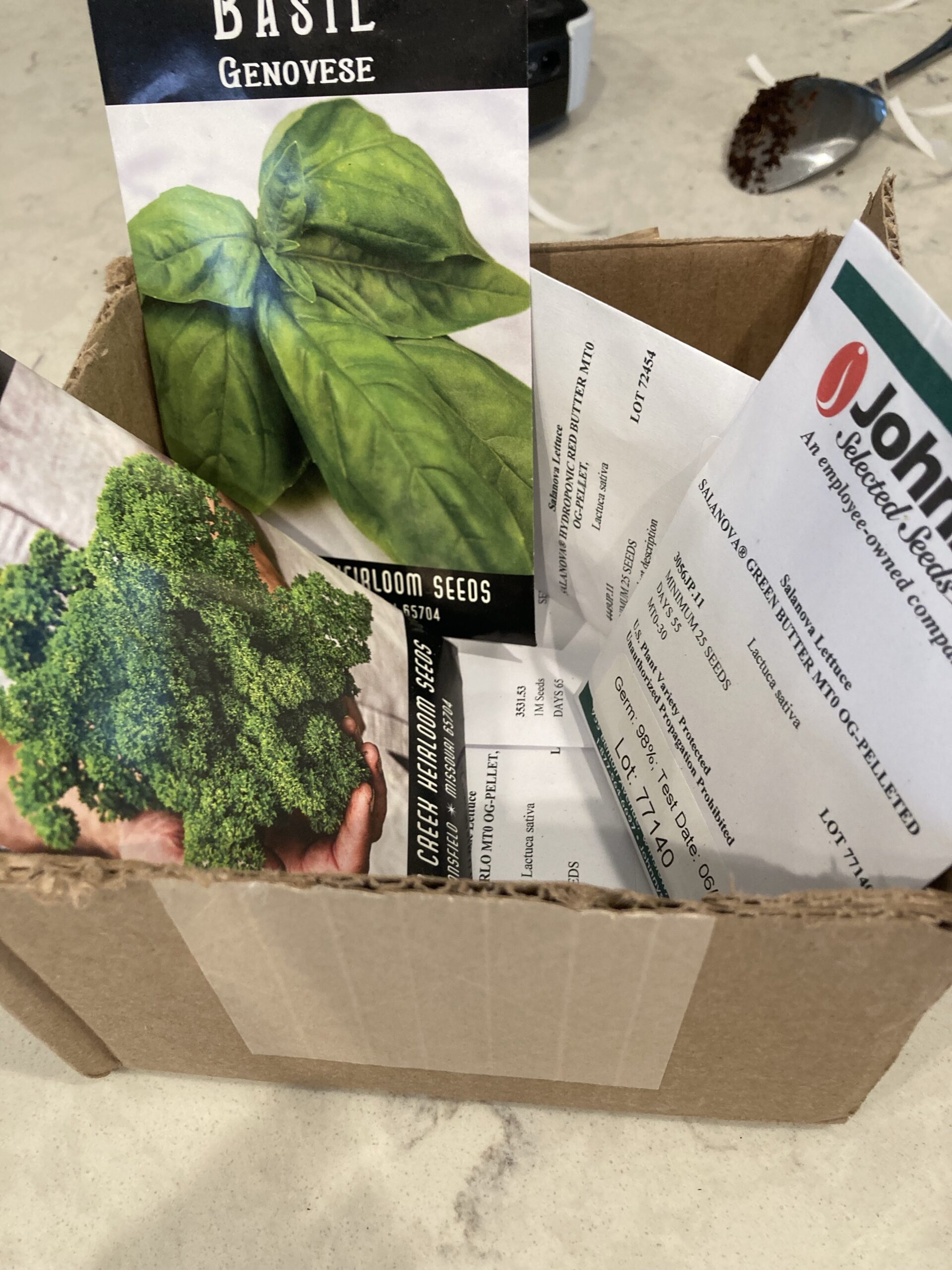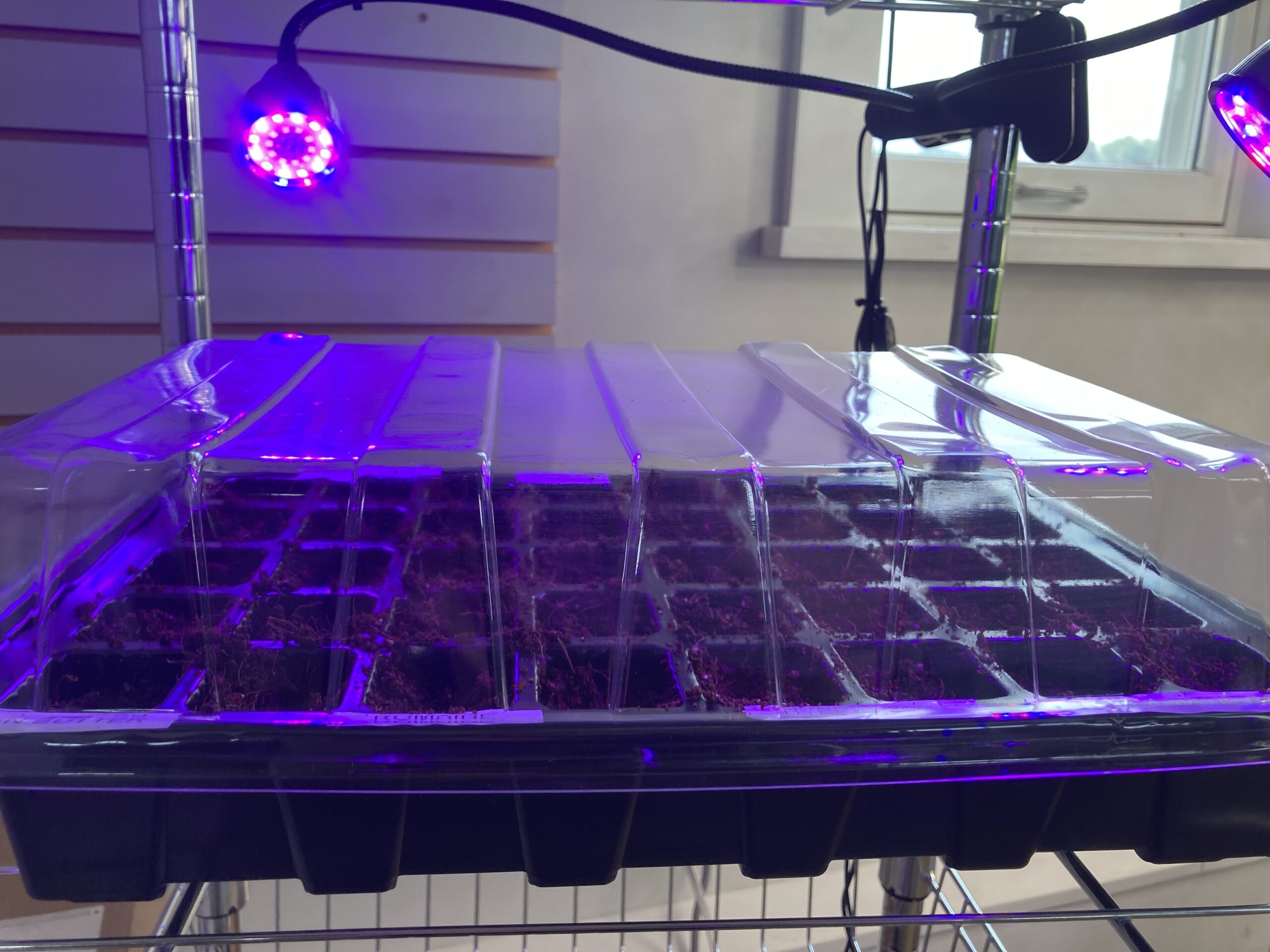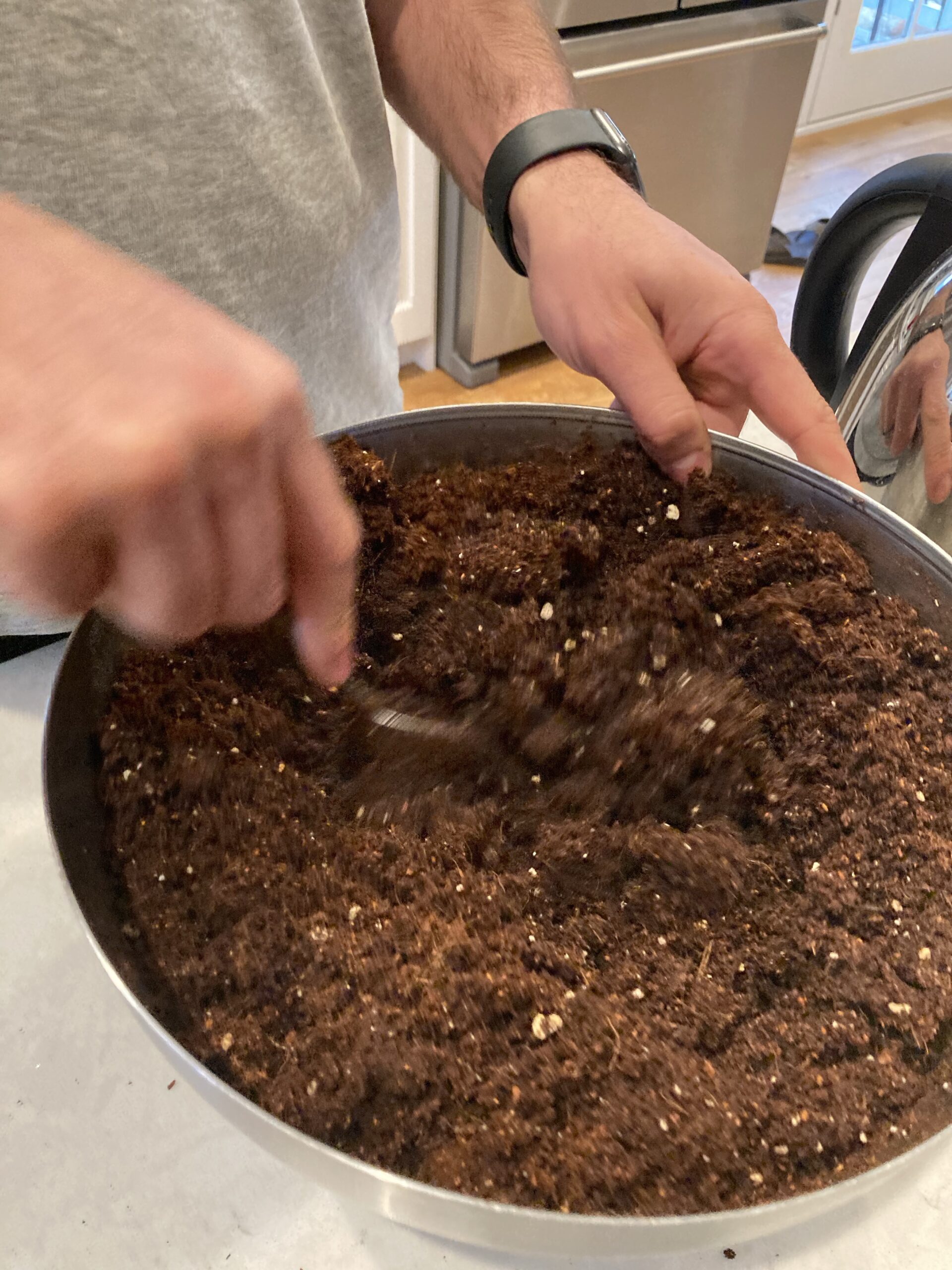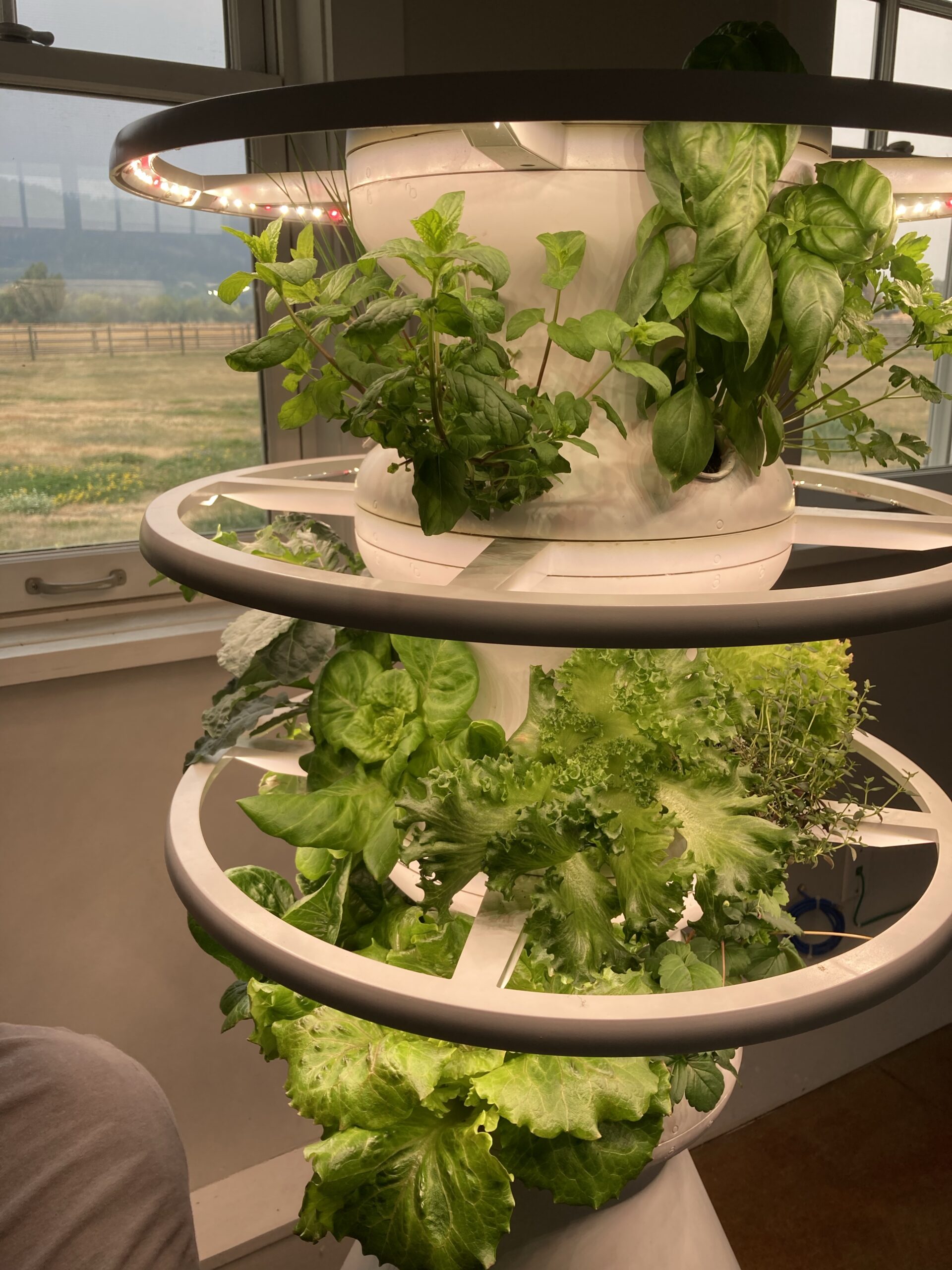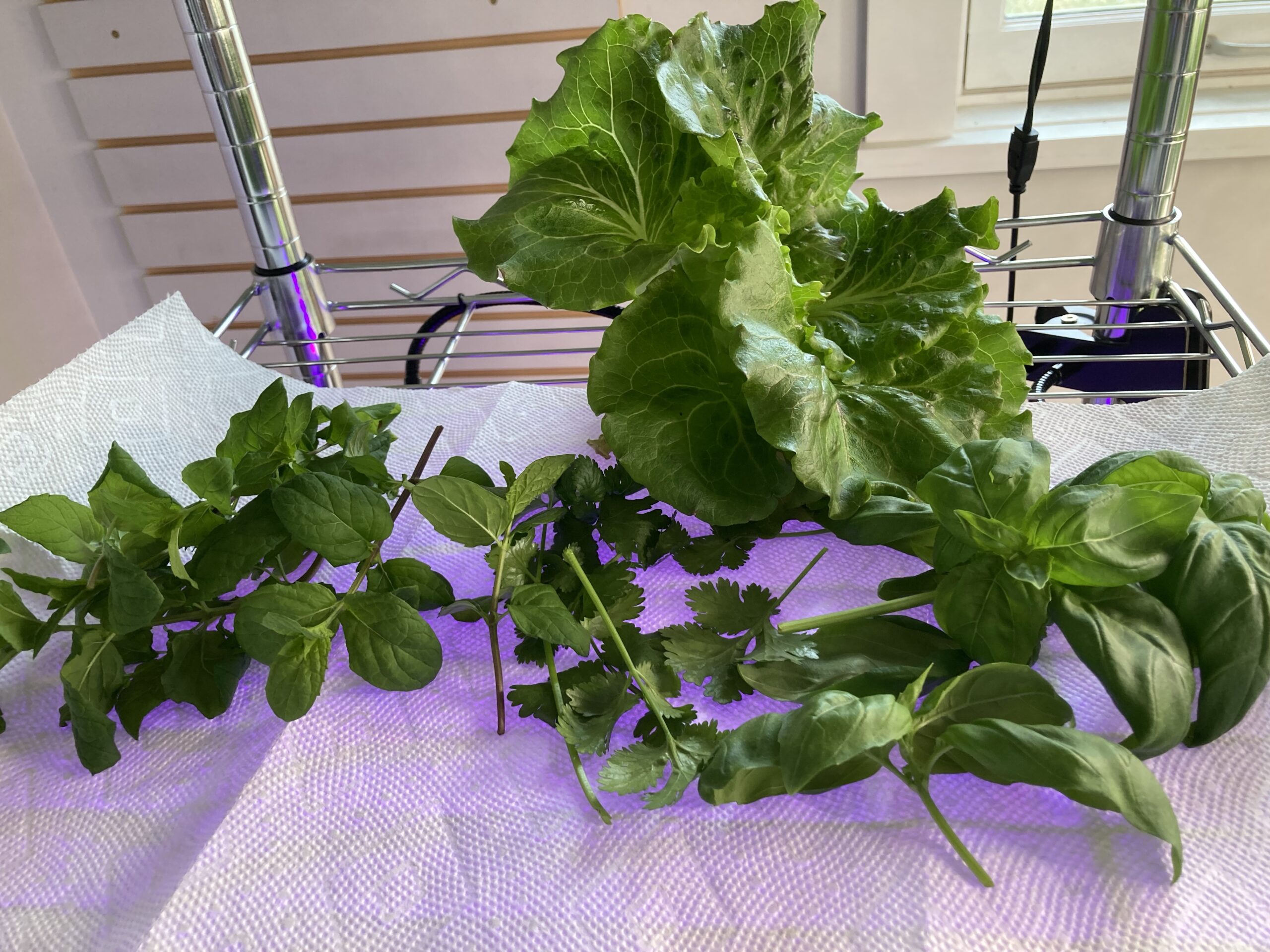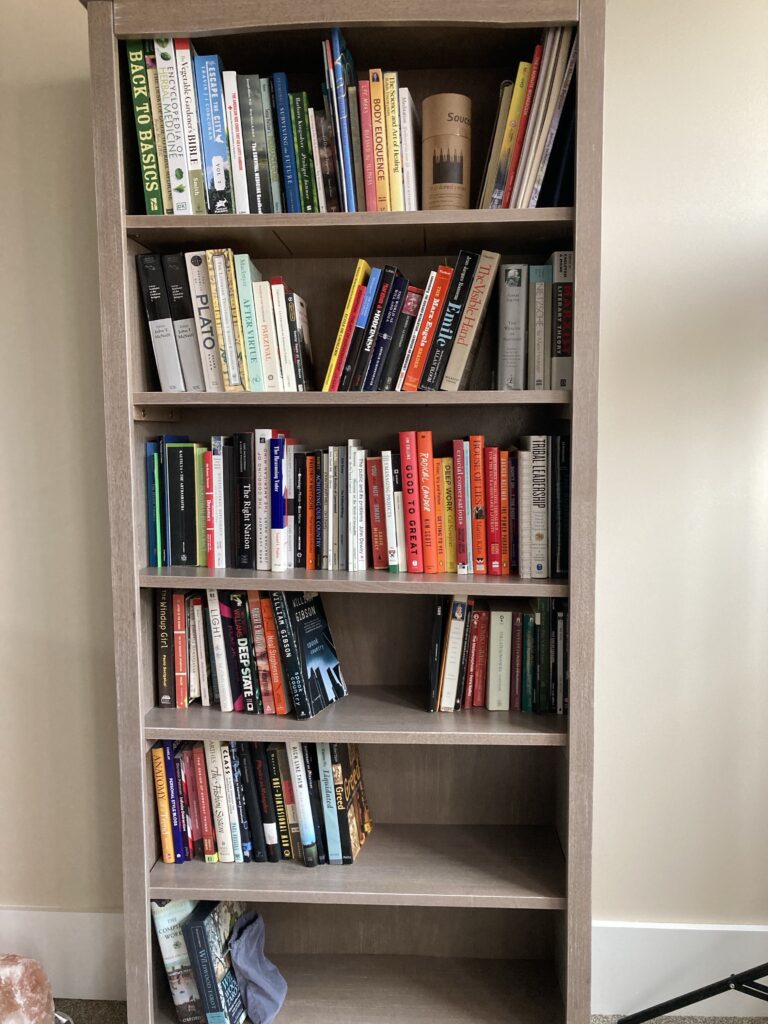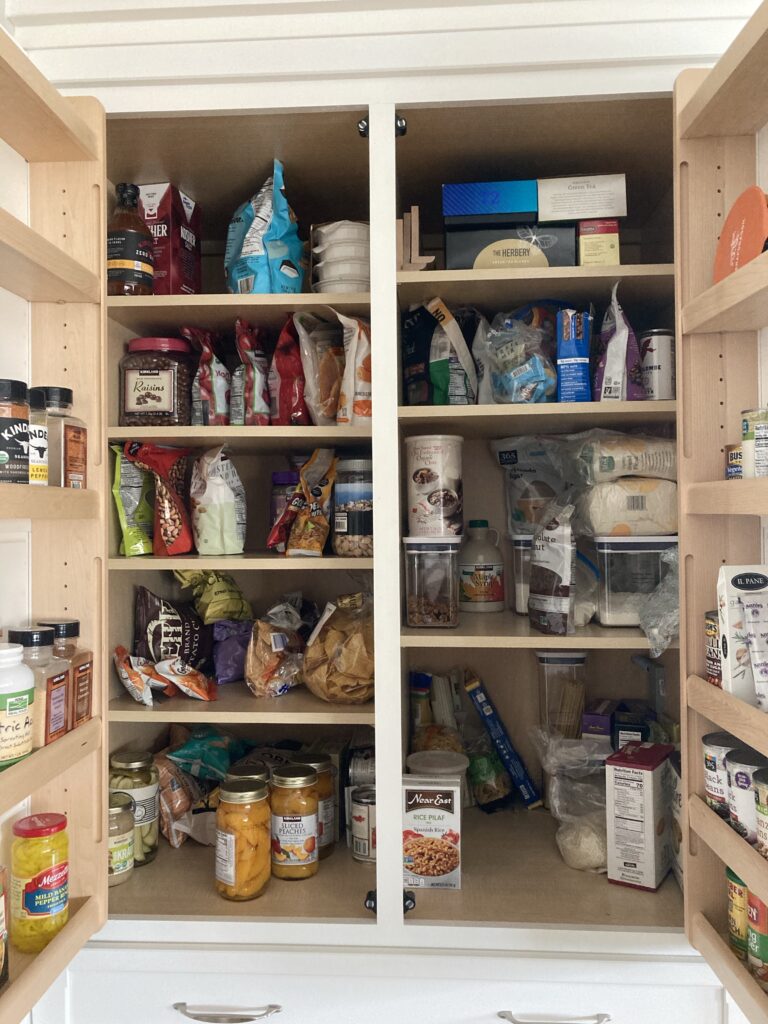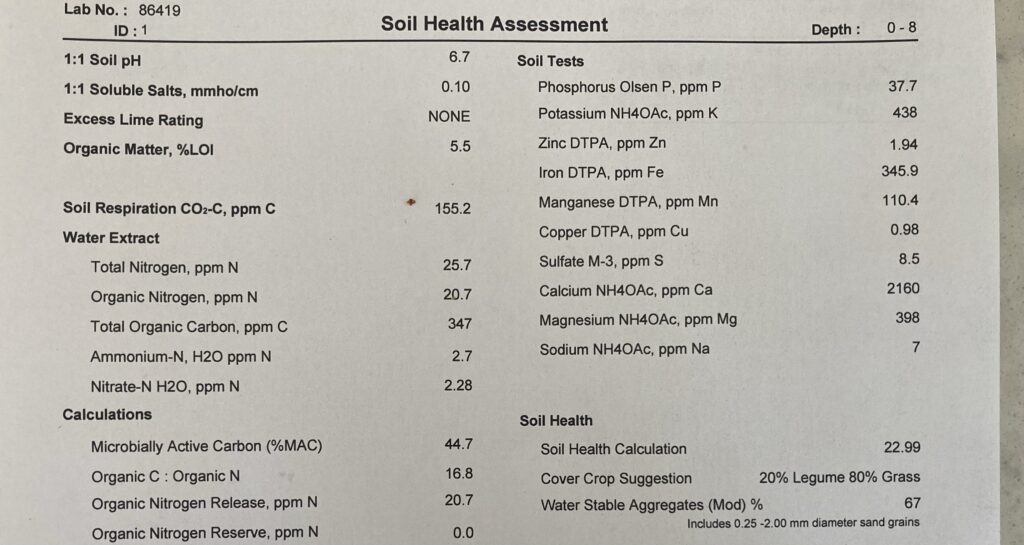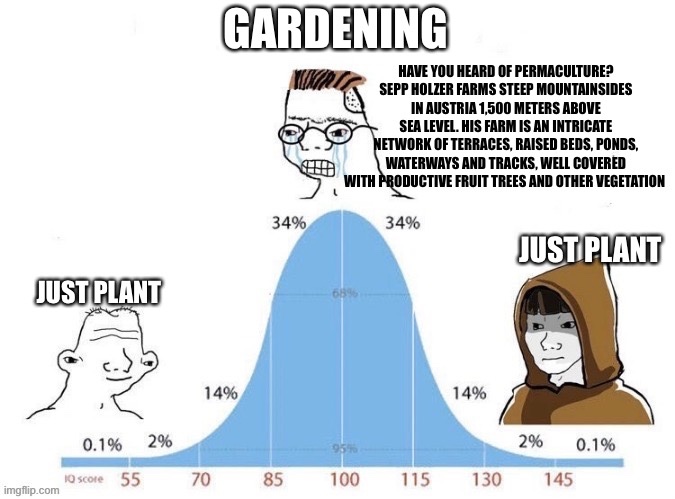I’ve got a pit in my stomach. My throat has the constricted feeling of embarrassment that gets trapped in your gullet. I failed and lost money on something stupid. I tried to do a pleasant vacation sort of choice over a long weekend. A “nearby” Riviera town was supposedly within driving distance. I thought what could go wrong. Let’s go to the Ionian Sea! I briefly thought I could enjoy something like a regular person.
I said yes as everyone was so excited by the fresh air and the beaches. It will be healthy and fun! I was worried it would be without the basics I need to keep standing upright but I wanted to try anyway. Consistent air conditioning is really important to keeping the rest of my bodily system’s functioning. It’s a very Marie Antoinette need, but once my spine swells it can go very wrong very fast. Summers are hard for me.
My system begins to cascade within a pretty short window. About half a day. Eight hours without being able to lay flat for a break ended up fucking me up badly in this case. The “oh it’s close, just a three hour drive” ended up being a ten hour ordeal over badly maintained roads. I was sick to my stomach and in pain as we took hairpin turns and popped over potholes. I was in so much pain it was over a 10. It was “lose consciousness” levels of pain as my body knew I shouldn’t be awake for it. I was afraid it would get so bad I’d need a hospital. Instead I settled for opioids. Keeping out of the hospital was probably wise.
I hate needing those kind of drugs. The “your pain is a 10” drugs push me off the plane of reality by a few ecliptic degrees, and suddenly I can tolerate the pain and discomfort again. I understand how addicts get made now. It’s not real comfort. It’s synthetic but most people can’t tell just by watching. The fake relief looks real.
I’ve never felt tempted to take pain medicine recreationally. It’s usually only when a pain is too big for my reality that I tap out in defeat and take an opioid. It’s when reality crushes my soul as one variable starts to degrade the whole machine. I only use it to stave off collapse. And I was very close to collapse.
What is fucked up is that people like me off the axis of reality. The hazy hyper vibe’d unreal “reality” of encroaching nihilism is bop. Dystopia seems cool and consumable.
But it’s not an adventure for me. Living when sick is a daily dance with the devil who could use any chance encounter to end it all for you. The kind thing might be to stop fighting. But I rarely give up so I must enjoy the sticky Sisyphean crawl towards towards reality and the search for my own dignity.
I’m ashamed because I couldn’t make good decisions in that kind of pain. When the first hotel turned out to be a scam I happily laid down a card to stay till Monday at another hotel. Anything to get me relief. I just needed a safe cold place to heal.
It was a bad decision. The air conditioner didn’t work. I couldn’t get comfortable. I was sleeping in a dark sort of cold room as I couldn’t work up energy to go to the beach or even see the rest of the hotel. Not that it mattered as none of it was air conditioned anyway. I decided to go home after I had built up energy reserves back from sleeping for hours. I couldn’t tell you how long I passed out for but it might have been close to a whole day.
Alas I was again scammed for my efforts. The hotel clerk says no you paid for four days so you cannot get a refund even if you leave early. No refunds ever. No early checkout. No one cares if you are sick. Fuck her but I said hotel California for me. I was sick and needed safety.
I made some efforts to get receipts and documentation. I asked a receipt attesting that they wouldn’t let you cancel for any circumstance and that I was sick but it made no difference. Maybe I can take to the credit card or even the health insurance to show that I crashed. I’ll work it out on the backend.
I often wonder why I need special care. Surely I can try to do regular things like drive to the beach. But I couldn’t. I lost 48 hours to driving and bad air conditioning and pain. I didn’t have the health to stay at the beach. I needed to go back to the city with air conditioning.
I felt so stupid. I tried to fight to hold space that maybe I was a person that could do a vacation. That I was normal. And it was firmly corrected by reality. And then you think this is why I don’t go on vacation. The additional friction makes it a hell. It’s not a joy it’s a visit to hell.
I cut bait quickly this time.I’m ashamed at now much I must firmly maintain the no. No I don’t want to go to the beach. No I don’t have the energy got a full day road-trip. And definitely no on an empty stomach.
I feel like I’m not fun. That being friends with me is joyless because I can’t agree to fun things like a weekend at a beach. I find myself in tears having failed again at trying to do a nice normal fun thing. I ruined the weekend for myself and everyone around me.
Fun with me is being in a dark room. We watch television. Or maybe a movie. We make fun of a plot hole or bad casting. We sleep a lot. If we are at my home we do the chores. We keep up with the farm. There is no reason to turn consumption of recreation into a thing. It just hurts me. No cheap facsimile of an American vacation in a resort in a cheaper country.
That hideous example of colonial expectations of western domestic standards turn out to be required for a disabled woman. Air conditioning and short trips keep me alive. And at quite a cost. Since no one will refund me any of these damned scam hotels. I should have known better. It will probably take me a week or so to recover. And I’m so ashamed.
